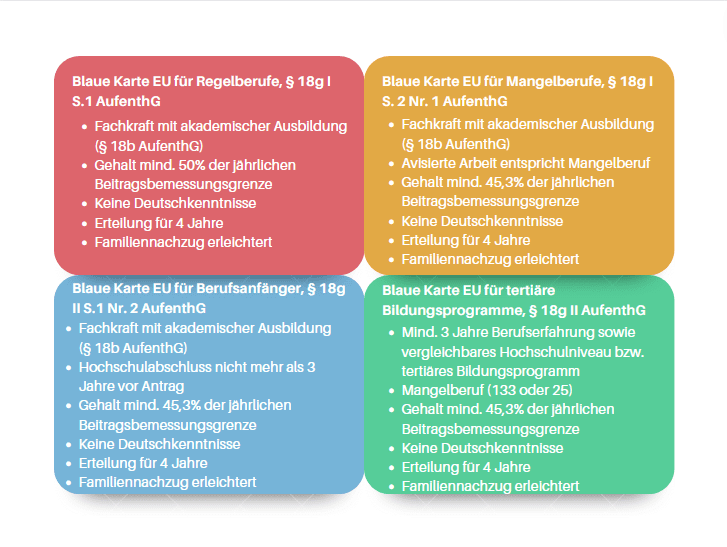
Introduction
The UK has experienced significant changes in immigration rules, especially regarding skilled workers. These changes are crucial as they directly impact the economy, workforce availability, and the ability to attract global talent. Understanding the current immigration rules for skilled workers is essential for both potential immigrants and employers looking to fill skill shortages.
Overview of New Immigration Rules
Following Brexit, the UK government implemented a points-based immigration system that came into effect in January 2021. This system aims to attract skilled workers from around the world to the UK job market while prioritising those with skills the UK needs. Workers must score at least 70 points to qualify for a visa.
Key criteria that contribute to the points include having a job offer from a licensed sponsor, proficiency in English, and meeting the salary threshold, which currently stands at £26,200 or the ‘going rate’ for the specific job, whichever is higher. Certain professions may have different salary benchmarks depending on the sector.
Changes Affecting Employers and Employees
Employers now face stricter requirements to ensure they are registered sponsors to employ skilled workers from overseas. This includes demonstrating a genuine vacancy and meeting specific compliance standards set by the Home Office. Failure to meet these requirements could result in significant penalties or cancellation of the sponsorship licence.
For employees, the landscape has become more competitive, as they need to not only meet the skill requirements but also demonstrate their qualifications and work experience comprehensively. There has been a notable focus on attracting workers in sectors like healthcare, technology, and engineering, where skill shortages are acute.
Conclusion
As the economy continues to evolve, the immigration rules for skilled workers will remain pivotal. The new points-based system is designed to create a balance between attracting the talent needed for the UK’s growth and ensuring that opportunities are available for residents. Employers must stay informed about these changes to adjust their hiring strategies accordingly. Meanwhile, prospective immigrants must ensure that they fully understand and meet the eligibility criteria to secure their place in the UK workforce. The long-term impact of these immigration rules will be significant as they shape the future of the UK’s labour market.
You may also like

Everything You Need to Know About DWP Payments in 2023

An Overview of the Ongoing Situation in Ukraine
